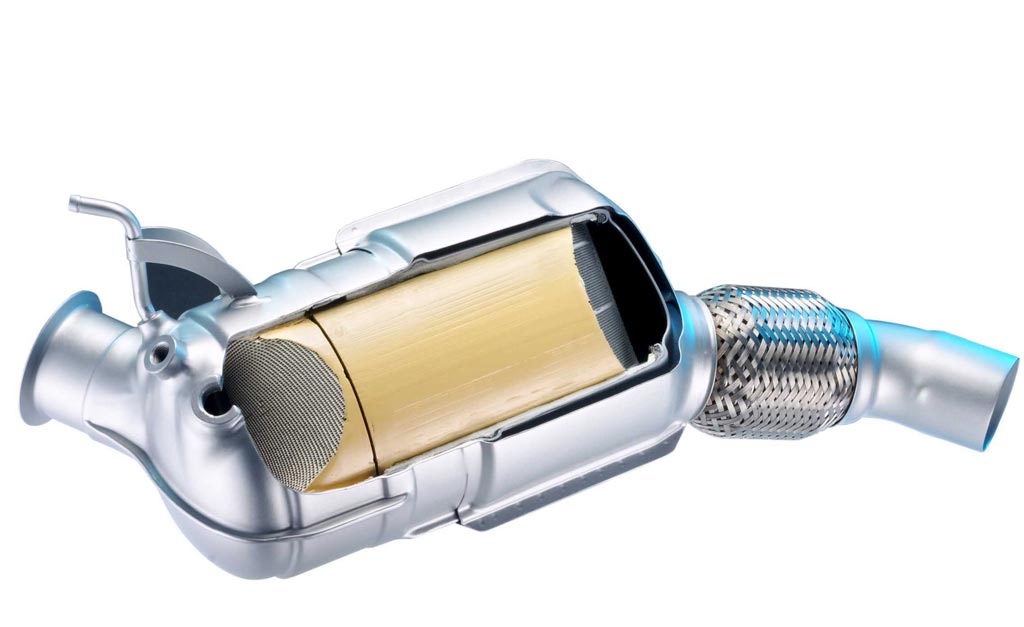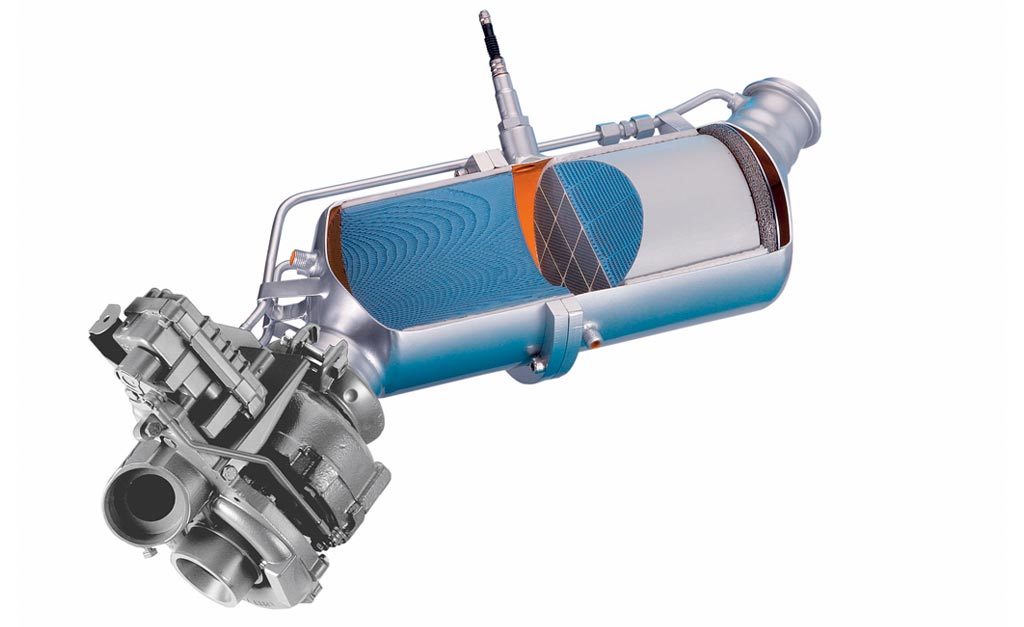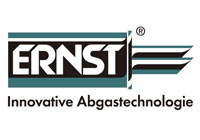Diesel particulate filter
Diesel particulate filters are designed to trap particles of soot in the flow of exhaust gases from diesel vehicles and convert them into CO2 during the regeneration phase. This helps to keep the air clean...
Function
Diesel particulate filters are designed to trap particles of soot in the flow of exhaust gases from diesel vehicles and convert them into CO2 during the regeneration phase. This helps to keep the air clean.
Filter systems
Different systems are possible here, depending on the application and conditions of use. "Closed" particulate filter systems are used as original equipment in cars or when retrofitting heavy goods vehicles. "Open" particulate filter systems are generally used when retrofitting cars, vans or mobile homes. Diesel particulate filters are self-cleaning, i.e. they continuously burn off the soot deposits. They are normally maintenance-free and last the entire life of a vehicle.Retrofitted systems do not require the assistance of engine management computers, sensors and electronics or additives to control soot levels effectively and continuously burn off soot.
Filter Regeneration
The filter regeneration process occurs as follows: When the exhaust temperature reaches approximately 200°C, the regeneration—or cleaning—of the filter begins. The nitrogen dioxide (NO₂) formed with the help of the oxidation catalyst reacts with the accumulated soot in the filter pockets. This process oxidises and breaks down the soot particles, while the previously formed NO₂ is reduced back to nitric oxide (NO).
This continuously repeating chemical process allows the diesel particulate filter to clean itself automatically. In certain vehicle models, special additives can support or optimise the regeneration process. These additives are stored in a separate additional tank next to the diesel tank. A small amount of the additive is automatically mixed with the fuel during refuelling.
Structure of Diesel particulate filter
Particulate filters are made of different materials depending on the manufacturer:
- codierite,
- silicon carbide,
- aluminium titanate or
- sintered metal.
Combi system
Combination systems are equipped with an integral or upstream oxidation catalytic converter or an efficient catalytic layer. This ensures optimum regeneration when the necessary exhaust gas temperature is reached.
Safety
The design of high-efficiency particulate filters depends on many factors. In addition to the regeneration strategy, the aim is to ensure the continuous burn-off of soot. Here consideration must be given to the operating conditions, different driving cycles and the individual engine exhaust concept of the vehicle manufacturer. Other factors relevant to ensuring long-term compliance with the statutory regulations for filtration efficiency are the filter area available and the resulting filter volume. Filters are often also used in enclosed areas. For these special automotive applications, the share of carcinogenic particles must be reduced by at least 90 percent.
Depreciation
In many towns and cities you must display a green environmental permit disc if you wish to enjoy unrestricted mobility. Diesel vehicles are however awarded this green disc only if they comply with the specific Euro exhaust emissions standard. If your car is less recent and does not meet those standards, you don't have to manage without such access. Instead of buying a new car, you can simply have a particulate filter fitted to your diesel. That is far cheaper than purchasing another vehicle and can be installed by any garage that offers emissions testing. Vehicles throughout Germany have been equipped with particulate filters and comply with the regulations in over 40 environmental zones. If you fit your Euro III diesel with one, you can get the green disc – and drive wherever you want in the entire country. Retrofitting your car with a filter will therefore significantly boost its resale value.
Environmental protection
Solids such as soot particles (PM – particulate matter or also known as carbon black) are produced mainly by diesel engines. They are the result of incomplete combustion. Emissions of soot particles are proven to have a carcinogenic effect. The smaller the soot particles, the more easily they can enter the lung and hence the blood stream, i.e. other human organs as well.
Health
Emissions of soot particles are proven to have a carcinogenic effect. The smaller the soot particles, the more easily they can enter the lung and hence the blood stream, i.e. other human organs as well.
Global warming
It has meanwhile also been scientifically proven that soot emissions contribute to global warming (keyword "climate change"). Being dark/black in colour, soot absorbs sunlight, emits it again as heat and so pushes up the temperature of our atmosphere. Soot can be described as the second most important driver of climate change, particularly in the Arctic. Soot particles therefore significantly contribute to the acceleration of the rate at which ice and glaciers are currently melting. This also applies to continental high mountain regions and glacier massifs. Retrofitting filters in cars, vans and mobile homes allows the negative impact of soot particles on health and the environment to be significantly reduced.






